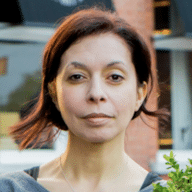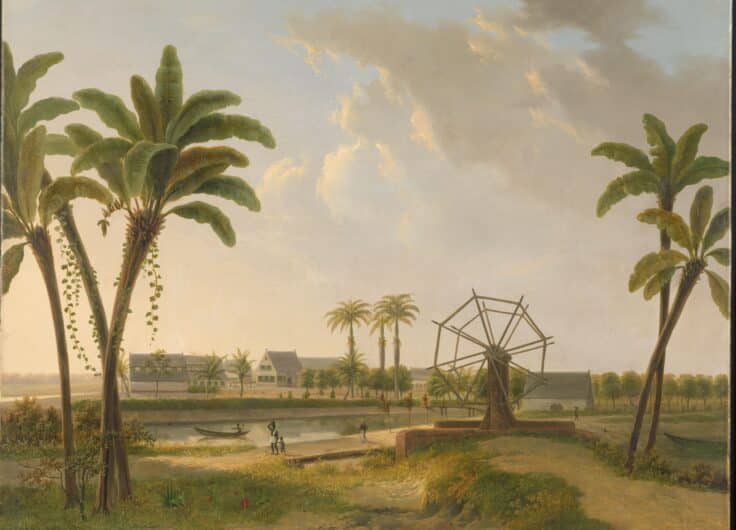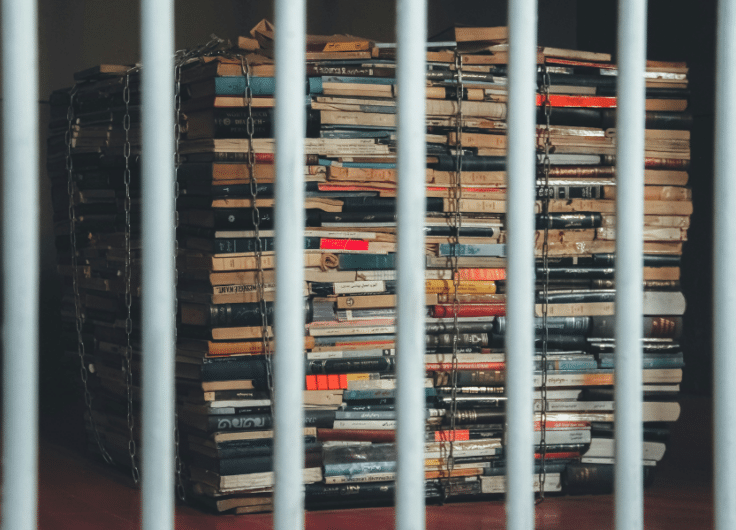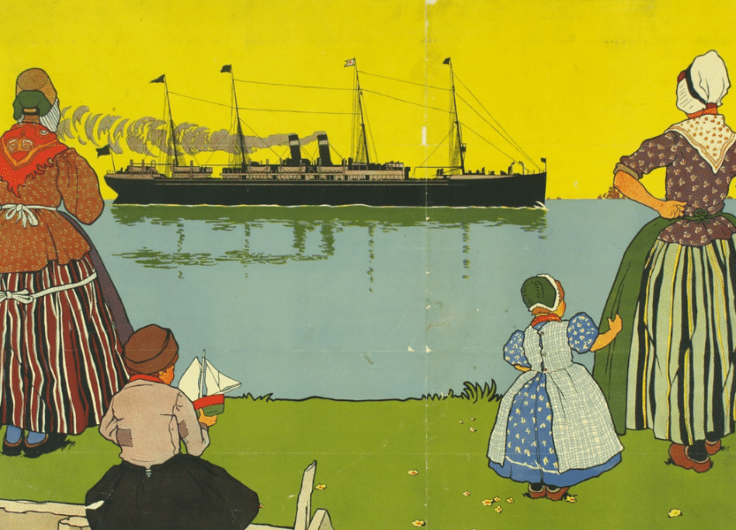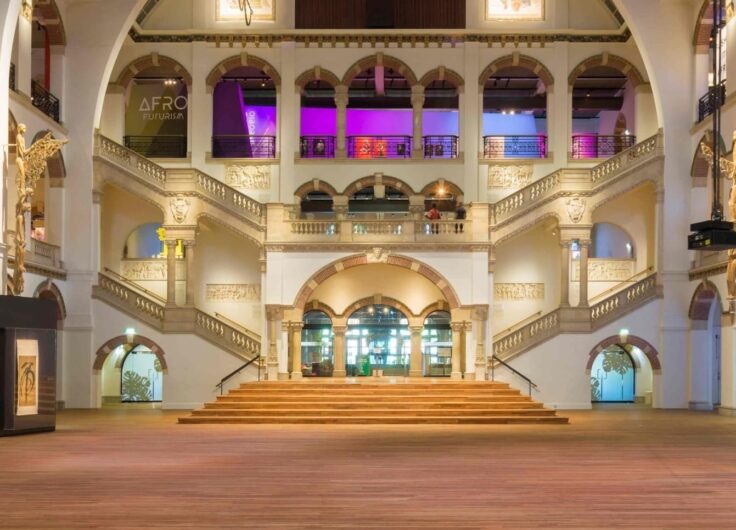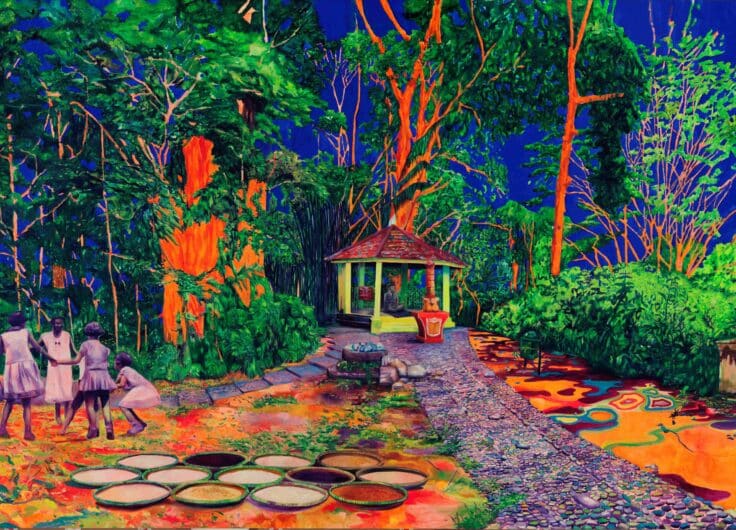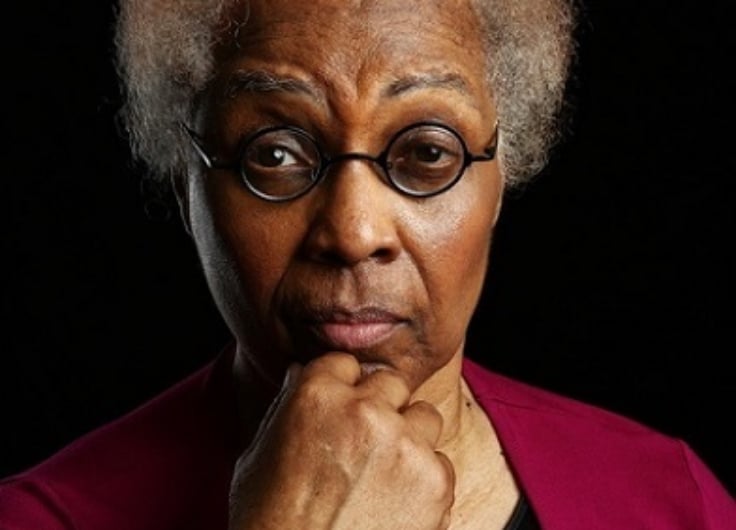Right-Wing Populists in Tailored Suits Cannot Be Dealt with Using Hysteria and Clickbait
Over the past year, Flanders and the Netherlands have become acquainted with a new kind of political phenomenon: sophisticated, well-cut, young intellectuals who are choosing a right-wing populist direction. “If democracy wants to win the fight against these young men, then we should not shut them down using loaded terms from the past, but instead dare to engage with them in the debate”, Hind Fraihi proposes.
One of the most well known names from the line-up is Thierry Baudet, who caused a small earthquake in the Dutch provincial elections with his party Forum voor Democratie (Forum for Democracy). In Flanders everyone knows Dries Van Langenhove, who established the extreme-right student organisation Schild & Vrienden (Shield & Friends), and is now independent party leader of Vlaams Belang (Flemish Interest).
 Dries Van Langenhove (Schild & Vrienden) en Thierry Baudet (Forum voor Democratie)
Dries Van Langenhove (Schild & Vrienden) en Thierry Baudet (Forum voor Democratie)Of course there are differences. Baudet is generally seen as a more acceptable, or ‘light’ version of Geert Wilders (Party for Freedom). He shows off using animated erudition, scatters Latin citations everywhere and uses terms like ‘boreal Europe’ – a euphemism for white Europe. Van Langenhove is more ‘efficient’. He does not hesitate to ring an ethics teacher who once called him ‘absolutely crazy’ in one of her lessons. As a child of his generation he lives in social media; his tool of choice for getting his message unfiltered through to his grassroots support. In the case of Dries Van Langenhove, this leaves little to the imagination. An example of one of his many hundreds of tweets: “To the fan-boys of the New Flemish Alliance who are attacking me about my legitimate criticism of Francken: ask yourselves the question – do you think it will matter to your grandchildren whether migrants were let into the country by ‘personable Maggie’ or ‘cool Theo’, if they’re a minority in their own country?”
Homeopathic dilution
With this we touch on their most important argument about society: the fear of the population being replaced by a new demographic. Immigrants and families of colour with many children, fuel the dread felt by some people in the white population, that in the not too distant future, they will become a minority people in their own country. A fear that partly finds it origins in demographic reality. School classrooms are indeed noticeably diverse in many Flemish and Dutch cities. But rather than seeing the potential added value in this diversity, parties like Flemish Interest and Forum for Democracy approach this trend with negativity alone. They link this to the dreaded islamisation, or a ‘homeopathic dilution’ of the native population respectively.
Right-wing populists consider diversity a negative trend, rather than an potential added value
With this they appeal to that proportion of white Dutch and Flemish people who ‘no longer recognise their country’. The traditions, norms and truths of that idealised country of the past are also under extensive pressure from the critique of a growing and increasingly vocal ‘immigrant’ population, manifestly demanding its place in society. Black Peter, Leopold II – King of the Belgians, the Royal Museum for Central Africa, or the countless streets named after sea-faring heroes; everything is up for debate. National history is being consumed like a self-serve buffet where one can choose only the very tastiest things. The less appetising things remain untouched, sometimes for decades.
“People don’t believe in the Netherlands anymore, that’s for sure. Nor do they believe in the idea of Western civilisation, in our language, which has now been abolished at our universities. People don’t believe in our arts. In our past. People don’t believe in our national holidays, in our heroes. In the traditional planning and architecture of our cities”, said Baudet about the issue in his victory speech.
Hysteria in the media
Get rid of us – a cry that often echoes around social media. A growing number of Dutch and Flemish people feel cornered by the past and their privileges. As if their white skin is a historic debt to their fellow humans of colour that they must drag along with them. For men the privilege of gender is added to that. Baudet and Van Langenhove counter this through a narrative of masculine, white pride. The western world has achieved a great deal in the past, and the world should be thankful for it.
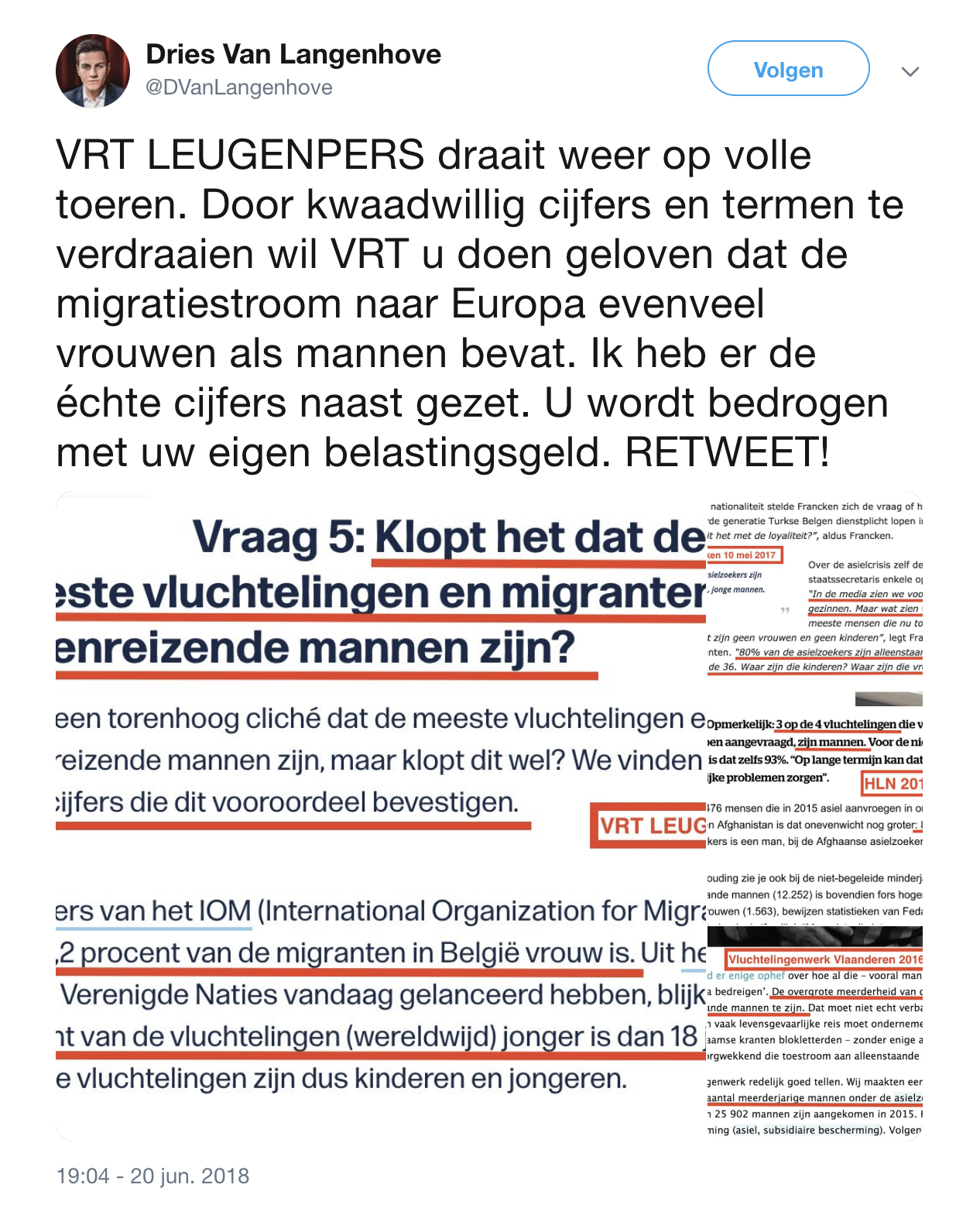 A tweet by Dries Van Langenhove in which he calls the Flemish public broadcaster VRT 'lying press'
A tweet by Dries Van Langenhove in which he calls the Flemish public broadcaster VRT 'lying press'However, the success of these political newcomers is not explained by this matrix alone. In the Netherlands this discourse has been doing the rounds since Pim Fortuyn took a shot at power. Flanders had its first Black Sunday on November 24th, 1991. Why are parties like Flemish Interest and Forum for Democracy now (again) doing so well? Two words: hysteria and media.
The populist right will continue to grow so long as it has a sparring partner – an enemy in a word. In addition to the ‘usual suspects’, migrants and Muslims, Thierry Baudet and Dries Van Langenhove target the establishment, academics and the media. “Journalists – your time is up”, Van Langenhove snapped during his March against Marrakech. According to him, the Fourth Power is abusing its influence in order to spread lies. Lügenpresse (lying press) is a term that has been popular within extreme-right circles for decades. In turn, Thierry Baudet launches a helpline for people to report left-leaning teachers ‘who are indoctrinating their pupils’.
The Boy Who Cried Wolf
The press enters all too willingly into the fight. “Wake up: the fascists have won”, read the headline above journalist Asha Ten Broeke’s daily column in the Volkskrant after Forum for Democracy’s election victory. Shouting “Fascism!” is paradoxical in her hysteria. It brings to mind images of Brownshirts marching through the streets, and of laws that expel certain sections of the population from society, making the word inappropriate in this case. Apart from that, the term gets used so much in relation to Baudet and Van Langenhove that people would no longer be able to recognise real fascism when it raises its ugly head. The Boy Who Cried Wolf, but then the political version.
Baudet and Van Langenhove receive far more attention from the media than is justified by their importance
Moreover, Baudet and Van Langenhove receive far more attention from the media than is justified by their importance. They are welcome as part of the hunt for clickbait as their indiscriminate claims and plans are guaranteed to go viral on social media. On top of that, their electoral capital is contained in the large following they collect on Twitter and Facebook. The fight that Dries Van Langenhove unleashed when one of his accounts was removed also speaks volumes. When Facebook changed tack and reactivated the account, this was celebrated as if it were a victory.
Entering into the debate
If democracy wants to win the fight against these young men, then we should not shut them down using loaded terms from the past, but instead dare to take on the debate. A part of this, fairness is of the utmost importance. We have to be able to dare to admit that immigration is paired with problems, and that within Islam there are strands and tendencies that do not entirely fit within our western framework. To debate must mean to go in search of reasons for why some individuals and parties consistently cause unrest, and sow seeds of hate against people with migrant backgrounds. After all – to understand is to combat, and combatting is to take on responsibility. This applies to the media too. Labelled as the lying press, it threatens to make itself the bait in its clickbait. A hunter that becomes the prey cannot be the role of a watchdog. The dog who cried boys – let’s leave that story unwritten.

